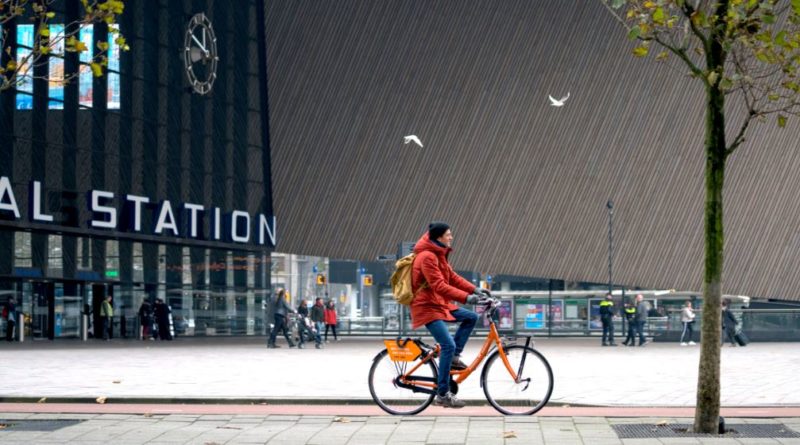UK bike share schemes remove 3.7 car miles, per user, every week
Research conducted by Collaborative Mobility UK (CoMoUK) has found that 53% of bike share scheme users chose a scheme in place of car or taxi.
As the environmental cost of transport choices comes into ever increasingly sharp focus, the report also found an, “on average, per user, estimated reduction of 3.7 car miles and 1kg of CO2e every week.”
Drawing data from 39 schemes, with findings analysed and verified in conjunction with Dr Sally Cairns, the value of bike share as an enabler and supporter of behaviour change is clear:
- 49% of users said that joining a share scheme was a catalyst to them cycling for the first time in at least a year – including 6% who took up cycling for the first time.
- 34% of those using e-bikes said they were replacing car or taxi trips of more than five miles per week (compared to 24% of non e-bike users)
- 20% of respondents said that bike share was the only moderate to vigorous exercise they got on a weekly basis.
CoMoUK said, “the findings prove that bike share schemes are a key tool in the UK’s journey to net zero and can help improve the country’s physical health and mental wellbeing.”
The sixth annual bike share report, complied with research from a record 4,267 responses, delivers insights which serve as a valuable reference point for wider societal and governmental discussions surrounding active travel, urban mobility, planning and delivery of our future built environment.
Richard Dilks, chief executive of CoMoUK, said: “The findings of this report have proved that bike share is a catalyst to re-engaging with cycling. Bike share supports health and wellbeing, triggers sustainable travel behaviours, cuts car miles and works alongside bike ownership.”
“… it’s encouraging to see e-bikes becoming increasingly popular – with no significant age differences between e-bike riders and the whole group, demonstrating their appeal to all generations.”
“Ultimately, if we are to achieve our ambitious net zero targets, we need to address the issue of private vehicle ownership, which massively contributes to the UK’s emissions. Shared transport such as bike share schemes, along with car clubs, demand responsive transport and e-scooters, alongside public transport, are the key to achieving our goals.”
For those wanting to hear more about the challenges the sector faces in terms of increasing the number of urban cyclists and getting more people on bikes, as well as discussion about the different operational and safety challenges faced by bike share firms, a podcast with CEO and co-founder of bike share firm Beryl, Philip Ellis, can be found here.



